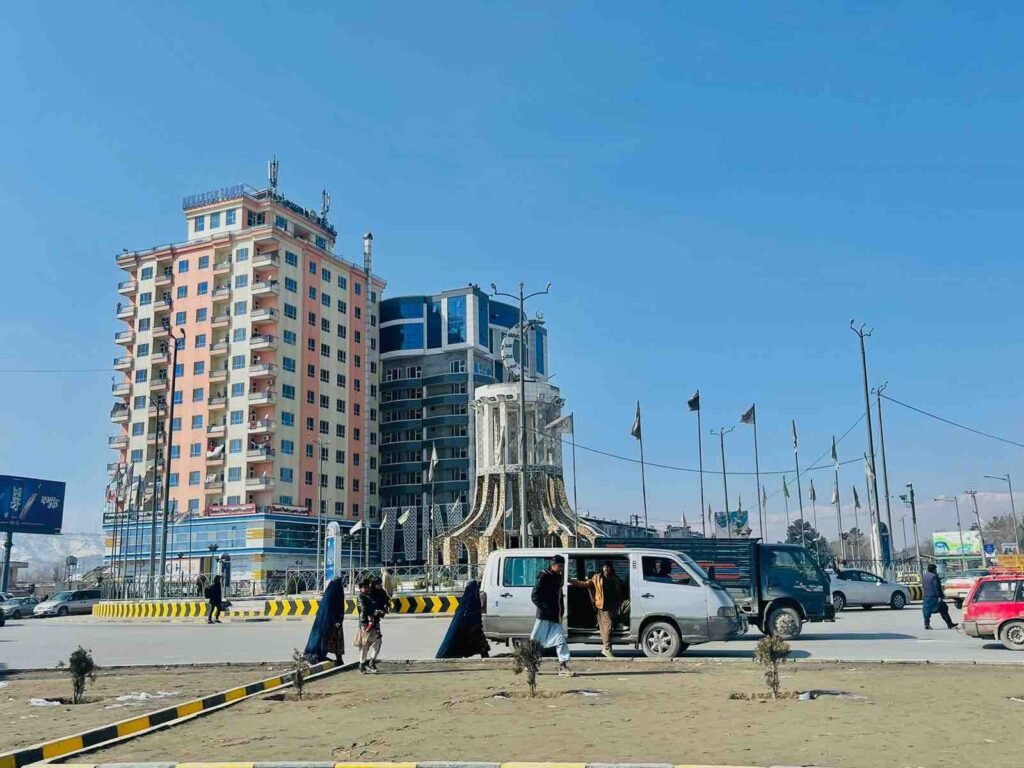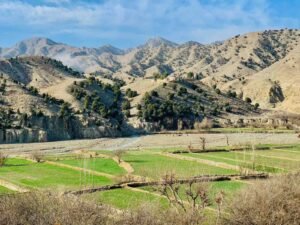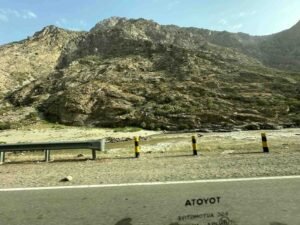From Destruction to Reconstruction: The Taliban’s Approach to Afghan Infrastructure

Northern Kabul, February 2024. Photo by @AADIL
By Ilhamuddin Afghan
Several years ago, when the second lane of the Kabul-Jalalabad road, financed by the Asian Development Bank, was under construction in eastern Afghanistan, the Taliban employed their signature tactic – an explosive intervention to halt the wheels of progress. Road construction machinery, symbols of connectivity and prosperity, were reduced to rubble.
In the eastern Nangarhar province, the promise of an Islamic University faced a sinister twist. Engineers were kidnapped, and bombs were buried at the construction site, effectively burying the dreams of education beneath layers of fear and uncertainty.
The narrative is a stark reminder of the Taliban’s past actions against major infrastructure projects. Blown-up machinery, kidnapped engineers, and stalled initiatives stand as testaments to their earlier stance. However, the current reality presents a different facet. With power regained, the Taliban now spearhead large-scale projects, vowing to utilize internal resources and public contributions.
But this shift toward self-reliance raises eyebrows. Public disapproval arises from the reliance on forced contributions and critiques of limited resources. Experts like Mohammad Ilyas argue that widespread poverty and a lack of international recognition hinder sustainable financing.
“During the conflict against the former republican government, the Taliban employed tactics such as destroying bridges, laying mines on roads, and obstructing reconstruction projects,” reflects Ilyas, shedding light on the group’s evolving strategies.
Faridullah, a former professor now residing in Germany, mourns missed opportunities reflecting on the thwarted Islamic University project, “The envisioned university could have achieved regional and global recognition, had it not been for the Taliban.”
Their opposition led to the abandonment of a project estimated at $350 million, backed by the governments of Saudi Arabia and Malaysia.
Self-Reliance on Shaky Ground
As Afghanistan grapples with the question of whether large-scale projects can be accomplished using internal resources, skepticism permeates the air. Mohsen Afghan, a Kabul-based social worker, questions the Taliban’s capacity to complete even small projects independently, citing widespread poverty, unemployment, and a stagnant state of reconstruction efforts.
“The Taliban, however, is financially bankrupt, lacks international recognition. Without official recognition and assistance, their ability to undertake substantial projects remains doubtful.” said Afghan, casting a shadow of uncertainty over the Taliban’s ambitious plans.
Critics, too, raise concerns about financial transparency, highlighting excessive taxes and fees without clear accountability.
In summary, in the absence of a responsible government to address citizen concerns and provide services, the tale of Afghanistan’s reconstruction dances between the rubble of the past and the uncertain promises of the future.
Ilhamuddin Afghan is a university professor based in Afghanistan.
Note: The contents of the article are of sole responsibility of the author. Afghan Diaspora Network will not be responsible for any inaccurate or incorrect statement in the articles.








